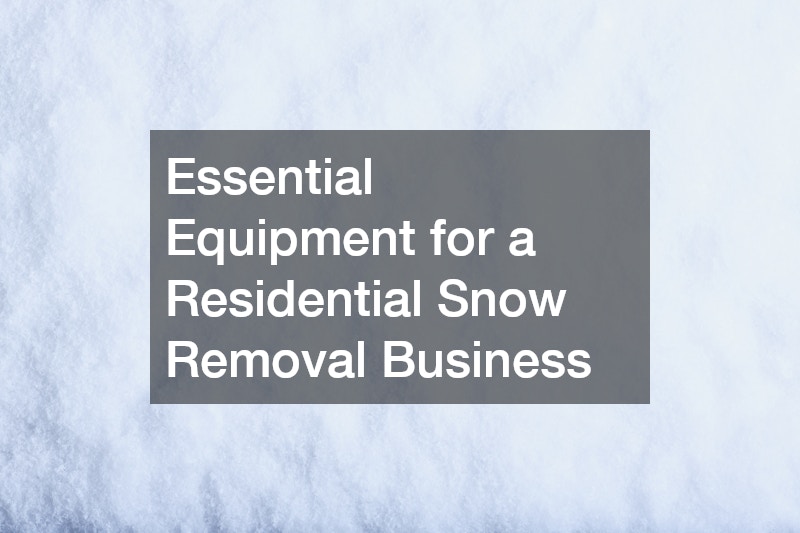
Giving back to the community is often an important value for many Americans. However, charitable donations don’t always have to be in a monetary form. Clothing donations or other household items are often just as needed and have a direct impact on their recipients. Many charitable organizations take these kinds of donations, including those that benefit veterans. There may be specific drives that you can participate in — for example, a Purple Heart donation pick up may come directly to you and collect donations — or have a location in your area. The items in a Purple Heart donation pick up may go directly to the veterans or may be resold to help provide the range of health, education and family support programs for veterans that the organization runs.
What Are Some Benefits to Donating Clothing?
Reduce Clutter
When you’re cleaning out your closet, donating items can be a worthy way to make some space. It’s also a great introduction to philanthropy for your kids. They may feel empowered or proud to be “sharing” the clothes or toys they no longer fit into or use with others. If items are just sitting around in your closets, let them find a home with other people who may need them more.
Tax Breaks
Many charitable organizations have tax-exempt status under section 501(c) (3) per the Internal Revenue Code, which lets you write that donation off on your taxes. If you donate a monetary sum or items that are over $250, you’ll need a receipt in order to write it off on your taxes; smaller amounts don’t necessarily require a receipt, but most organizations will acknowledge your donation. For example, men’s overcoats and suits could give you a $60 tax write-off and a coffee maker could be anywhere from $4 to $15 in value as a write-off.
You should be donating items in good condition, but the IRS needs a qualified appraisal to go along with your tax return if you donate an item that’s under the “good used condition” category and took off over $500 on your tax form.
Help the Environment
Instead of simply throwing out the items that still work, donating helps keep them from the landfill. The average American gets rid of a shocking 70 pounds of clothing, linen, or other textiles annually. In 2006, almost three billion pounds of fabric were saved from landfills by people buying used clothing, thanks to donations. Some charitable organizations can save as much as 100 tons of clothing, electronics, or household goods from being tossed in landfills weekly! Most textiles that are thrown away could be reused or repurposed in some fashion. Don’t clutter up the landfills and be wasteful — donate!
Extend a Helping Hand In Your Community and Beyond
Americans donate almost five billion pounds of clothing annually, which can circulate within their community or beyond. Coat drives, for example, may go directly to those who need warm clothing for the winter season in the donor’s specific community. In times of crisis, such as a hurricane relief effort, donations may go to those in need in afflicted areas. However, other donated products make their way overseas to developing nations, where individuals can buy the gently used goods at a significant discount of their original cost. Over 14 million tons of American textiles are donated every year, which helps clothe individuals and families all over the world.
Where Can I Donate My Clothes or Other Gently Used Household Items?
Look for charitable organizations in your area or look in newspapers or online to see what kind of drives are going on around your area. The holiday season often provides a bevy of opportunities to donate, whether it’s in clothing or household good donations or financially. See if a Purple Heart donation pick up is available in your area, if you’re interested in supporting veterans, or if there’s a drop off location you can take advantage of.
Whether you get involved with a Purple Heart donation pick up or a local charity, giving back feels good and is accompanied by other positive benefits for your community, the environment, and even the world.





